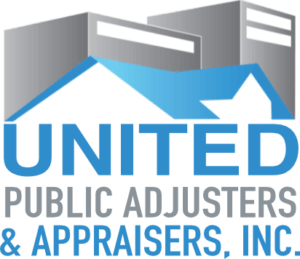
When your residence sustains water damage the first thought is to submit a water damage claim. Suffice it to say that a few months later when mold is present where leakage had occurred, most homeowners will review their policies. They’ll be looking to see if their insurance will also cover residual mold that has formed as a result of the initial water damage. The answer is, some policies do and some do not. Here are the circumstances wherein mold insurance claims can be submitted and when mold issues are not covered by their plan.
Most insurers will cover mold and mold damage if the resulting water from a leak or flood caused the mold which damaged the homeowner’s property. That is, if the insurer cites “named perils” as having caused the mold, such as a malfunctioning freezer, a broken hot water heater, a refrigerator, or a burst pipe, then most likely the mold damage will be covered. Yet another circumstances where your homeowners policy may cover resultant mold damage is water damage caused by extinguishing a house fire.
There are, however, numerous instances where most homeowners insurance policies will not cover mold insurance claims. Generally, circumstances are when it can be proven that the mold issue was caused by neglect, or poor maintenance. For example:
- A hot water heater that is more than 10 years old. It is recommended that these appliances be replaced after 10 years. As a result, most insurers will not cover any hot water heater that has been in service for more than a decade.
- A leaking bathroom or kitchen faucet that has not been fixed.
- Lack of a ventilation system in a moist area such as a bathroom.
- Improperly sealed doors or windows.
- Sump pump failures and subsequent water backup damage.
- Flood damage: this is not generally covered under standard homeowners policy. Even if you have flood insurance purchased through the National Flood Insurance Program (NFIP) mold damage may only be covered if your home is inhabitable, even temporarily.
Be aware, however, that even if your insurance policy covered mold from water damage, there may be a cap on the amount that will be paid out for mold remediation or property damage caused by the mold. This means that you may still have to bear some of the cost to repair, replace, or remediate even if your policy accepts your mold insurance claims.
Few homeowners are prepared to fully understand their current homeowners policy and exactly what all it covers, including mold damage. The time to find out is when something can still be done about it, long before you have to submit water damage claims. If you are concerned about your property insurance coverage, United Public Adjusters & Appraisers will be glad to review your existing policy with you to see if there are any gaps, omissions, inadequate coverages, etc. as well as what your options are. This way you’ll know exactly what to discuss with your insurance agent.
For more information, contact our team at 1-800-718-5677 today!
MY FREE CONSULTATION
"*" indicates required fields
